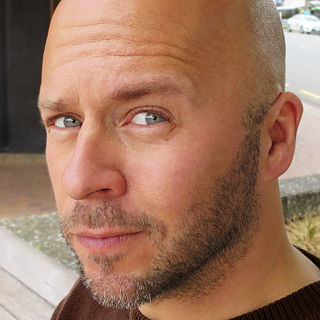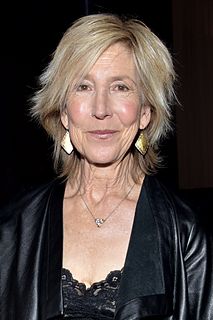A Quote by Kathryn Schulz
First, philosophy concerns itself with all kinds of issues that don't get much airtime in day-to-day life. What's the nature of reality? Can we ever truly know anything, and if so, how? What does it mean to be a moral agent? And while we're at it, is there any such thing as agency anyway?
Related Quotes
...there ... remains a huge following [of Ayn Rand's philosophy] of those who ignore the indiscretions, infidelities, and moral inconsistencies of the founder and focus instead on the positive aspects of her philosophy. There is much in it to admire, if you do not have to accept the whole package... Criticism of the founder or followers of a philosophy does not, by itself, constitute a negation of any part of the philosophy... Criticism of part of a philosophy does not gainsay the whole.
Ever since men became capable of free speculation, their actions, in innumerable important respects, have depended upon their theories as to the world and human life, as to what is good and what is evil. This is true in the present day as at any former time. To understand an age or a nation, we must understand its philosophy, and to understand its philosophy we must ourselves be in some degree philosophers. There is here a reciprocal causation: the circumstances of men s lives do much to determine their philosophy, but, conversely, their philosophy does much to determine their circumstances.
As with editing, I think my strength as a writer is structure. It's not a skill that's much discussed when we discuss fiction, or not as much as language or character development anyway, but it's the first thing I determine before I begin writing - not just books, but anything. I think I know how to pace a narrative well. I think I'm aware of repetition, that I try to create different kinds of sentences as often as I can. Those are all things I learned from magazine editing.
I was 12 and I remember everything. I mean, I had done two films before that. The first was actually with Amy Heckerling. It was so brilliant to work with her on my first film. Atonement was the third one I'd done, and I remember how it felt to arrive on set every day. I remember how it felt to get my wig off at the end of the day. I remember how hot it was.
every issue that we deal with in this country has a moral component to it. And so, to divorce a moral component to the debt burden we're leaving the next generation, the tax structure to how we spend our money in Washington, and how we - you know, how we value human life - I mean, all of those things, to me interrelate. They're not - they're not separate issues.
It is strictly and philosophically true in Nature and reason that there is no such thing as chance or accident; it being evident that these words do not signify anything really existing, anything that is truly an agent or the cause of any event; but they signify merely men's ignorance of the real an immediate cause.
The most fundamental challenge of the anthropocene concerns agency. For those who lived the Enlightenment dream (always a minority but an influential one), agency was taken for granted. There were existential threats to agency (e.g., determinism) but philosophy mobilized to refute these threats (e.g., by defending libertarianism) or to defuse them (e.g., by showing that they were compatible with agency).
I mean the number one reframe with different people is, there is no one right answer to your life. There are lots of great yous, there's no one single best you and by the way, you never actually know about the ones you didn't get a chance to try. We're all getting partial credit on easy questions, not right, wrong on true or false, on all the big issues of life. That's the same, once you accept that, that's the nature of being a human being, then how's it going to day, it's going reasonably well, which is fabulous because that's as good as it gets.

































